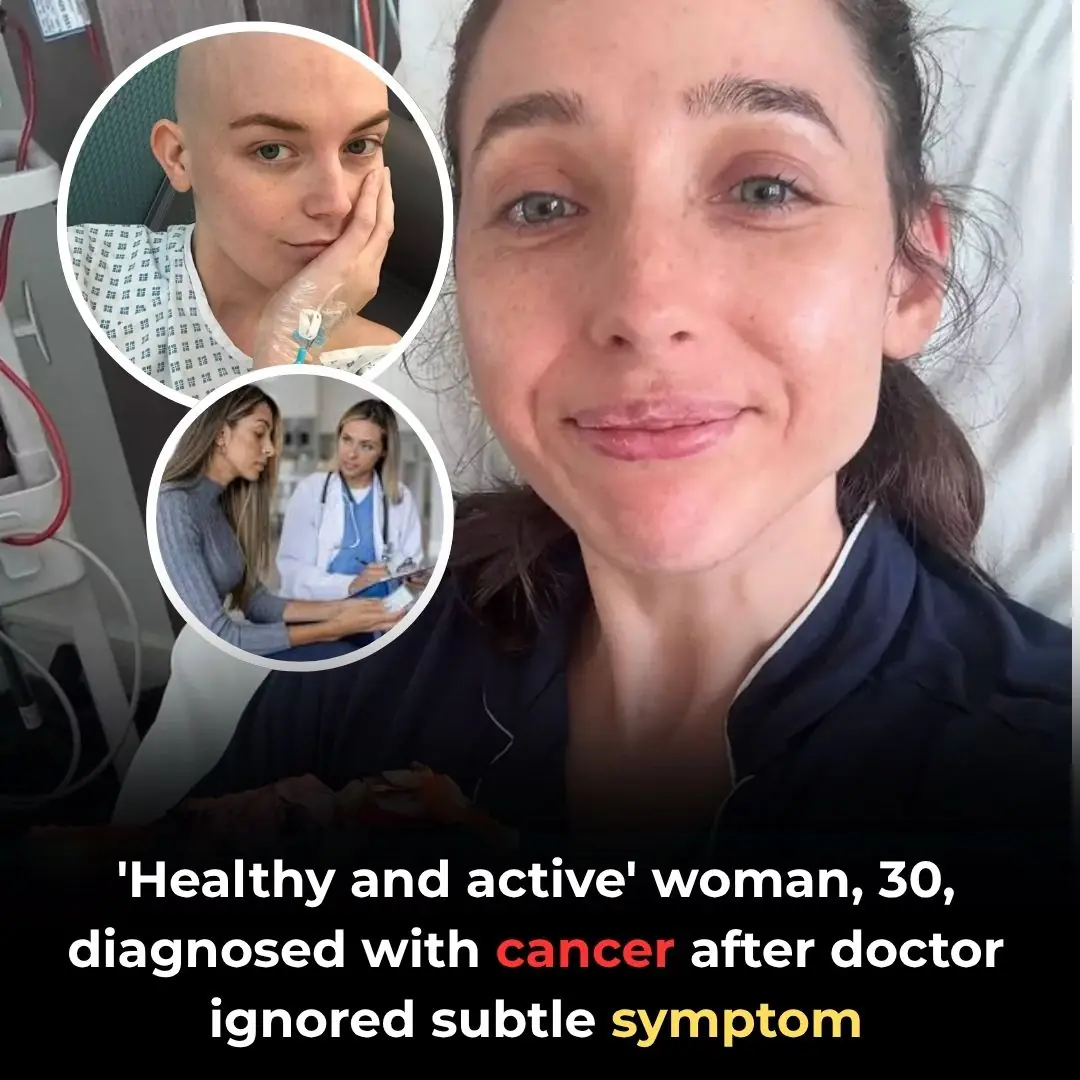
Woman Ignored ChatGPT’s Health Warning—Then Came a Cancer Diagnosis
Woman Ignored ChatGPT’s Health Warning—Then Came a Cancer Diagnosis
AI Chatbot Flagged Blood Cancer Symptoms—Doctors Missed It
When 27-year-old Marly Garnreiter asked ChatGPT about her ongoing night sweats and itchy skin, she never expected that an AI would be the first to suggest a life-threatening illness. Dismissing the response as overly dramatic, Marly continued with life—until nearly a year later, she was diagnosed with Hodgkin lymphoma, a form of blood cancer.
Her story is now drawing national attention and sparking renewed discussion around the role of AI in healthcare, patient advocacy, and the importance of early cancer detection.
How ChatGPT Identified a Serious Medical Concern Before Doctors Did
Marly’s symptoms began in early 2024, shortly after her father passed away from colon cancer. Her night sweats and itchy skin were initially dismissed by doctors as stress-related. Routine blood tests showed nothing abnormal.
Out of curiosity, Marly entered her symptoms into ChatGPT, which returned a possible diagnosis of blood cancer. Marly and her friends brushed off the AI's suggestion, placing their trust in conventional medical assessments.
By late 2024, her symptoms had worsened—chest pain and persistent fatigue prompted more testing. A CT scan and biopsy revealed a large mass on her left lung. The final diagnosis? Hodgkin lymphoma—just as ChatGPT had suggested months earlier.
Sneaky Symptoms of Hodgkin Lymphoma You Shouldn’t Ignore
Many symptoms of Hodgkin lymphoma are subtle and often mistaken for minor illnesses or stress-related issues. These include:
-
Night sweats (drenching and frequent)
-
Persistent fatigue
-
Unexplained weight loss
-
Itchy skin
-
Swollen lymph nodes in the neck, groin, or armpits
-
Recurrent fevers with no known cause
Marly’s initial symptoms—just night sweats and itchy skin—seemed too mild to warrant concern. But her story underscores how easily early warning signs of cancer can be missed, even by medical professionals.
“Your Body Knows First—Trust It”
Although blood tests are a crucial diagnostic tool, they can sometimes miss early-stage diseases. “Listen to your body,” Marly urged after her diagnosis. “We often ignore our inner signals. But if something feels off, don’t wait.”
Health experts agree: persistent, unexplained symptoms should never be ignored—even if standard lab tests are normal. Tracking your symptoms, seeking second opinions, and advocating for deeper testing can make all the difference.
Can AI Tools Like ChatGPT Help Detect Illness Earlier?

AI platforms like ChatGPT use vast databases to recognize symptom patterns that may escape even experienced doctors. While AI cannot replace medical professionals, it can serve as a valuable screening tool—particularly when symptoms are vague or dismissed.
Medical experts caution that AI should never be your only diagnostic source. However, when used alongside professional care, AI can enhance early detection by flagging concerning trends.
“AI excels at identifying patterns,” says Dr. Nandi, a primary care physician. “But it’s most effective when paired with human expertise.”
10 Ways to Advocate for Your Health Using AI and Common Sense
-
Track persistent symptoms over time—note frequency, duration, and severity.
-
Use AI tools like ChatGPT as a starting point, not a final answer.
-
Bring symptom notes to every appointment.
-
Ask for full test results and keep your own medical records.
-
Research symptoms using credible medical sources (e.g., Mayo Clinic, NHS, NIH).
-
Understand basic medical terminology to better communicate with healthcare providers.
-
Bring a trusted friend to appointments to ask questions and take notes.
-
Eat a gut-friendly diet to support your immune system (e.g., probiotics, nutrient-rich meals).
-
Use tools like MindBiotic to support mental and immune health through your gut-brain axis.
-
Get a second opinion whenever symptoms persist, even if tests appear normal.
Final Thoughts: AI Won’t Replace Doctors—But It Might Help Save Lives
Marly’s experience shows that AI can play a supportive role in early diagnosis, especially for conditions with subtle, confusing symptoms like Hodgkin lymphoma. It also reveals how vital patient self-advocacy is in a complex healthcare system.
By combining AI tools, trusted medical advice, and intuition about your own body, you give yourself the best possible chance for early detection and effective treatment.
Sources:
-
Kahn et al. (2023). Classic Hodgkin Lymphoma, Hematological Oncology. DOI
-
Wang et al. (2018). Diagnosis of Hodgkin Lymphoma, British Journal of Haematology. DOI
-
Guo & Chen (2025). Can AI Replace Doctors?, Journal of Medical Internet Research. DOI
News in the same category


8 Powerful Foods to Naturally Cleanse and Detox Your Liver

Breakthrough Male Contraceptive Injection Offers Alternative to Condoms and Vasectomy
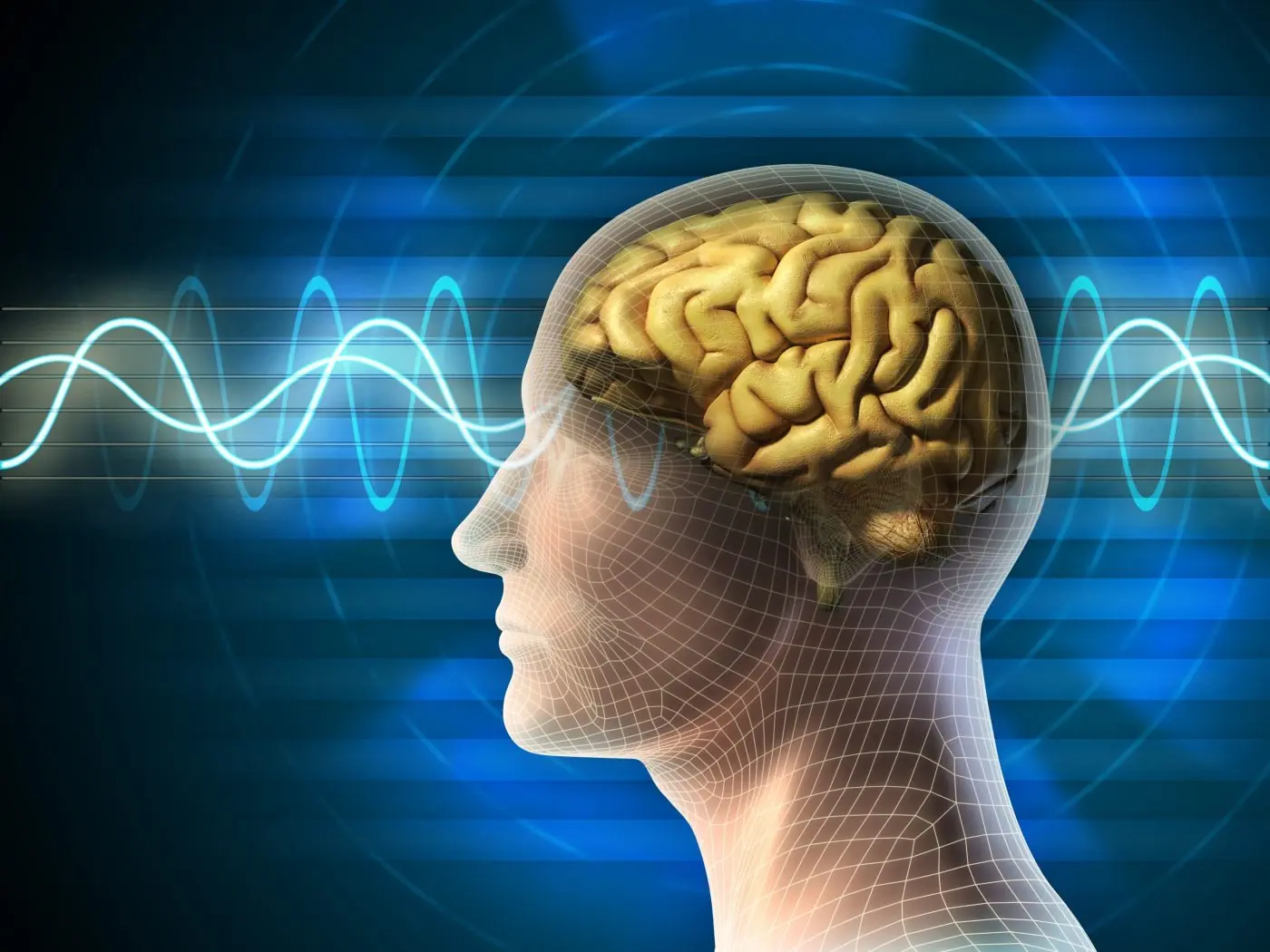
Scientists: 3 Days of Silence Is Enough to Rewire Your Brain
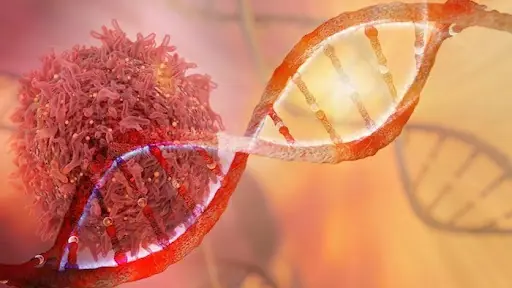
5 of the Best Anti-Cancer Foods — It’s Time to Start Adding Them to Your Diet
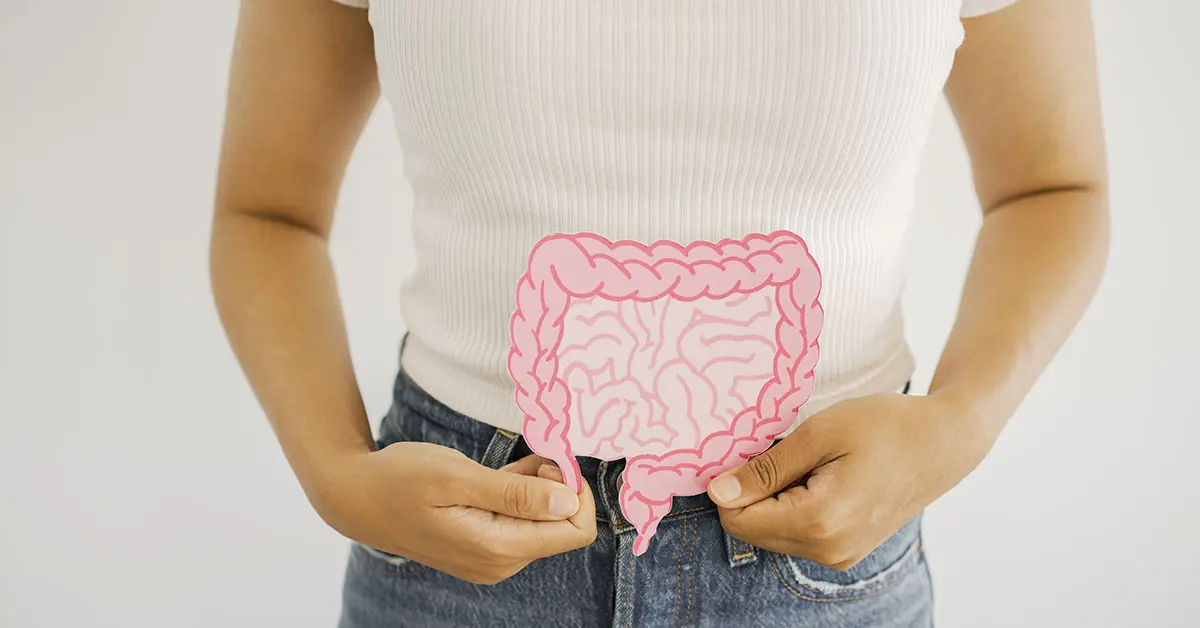
21-Year-Old Woman Diagnosed with Cancer Given Days to Live After Ignoring Early Warning Signs
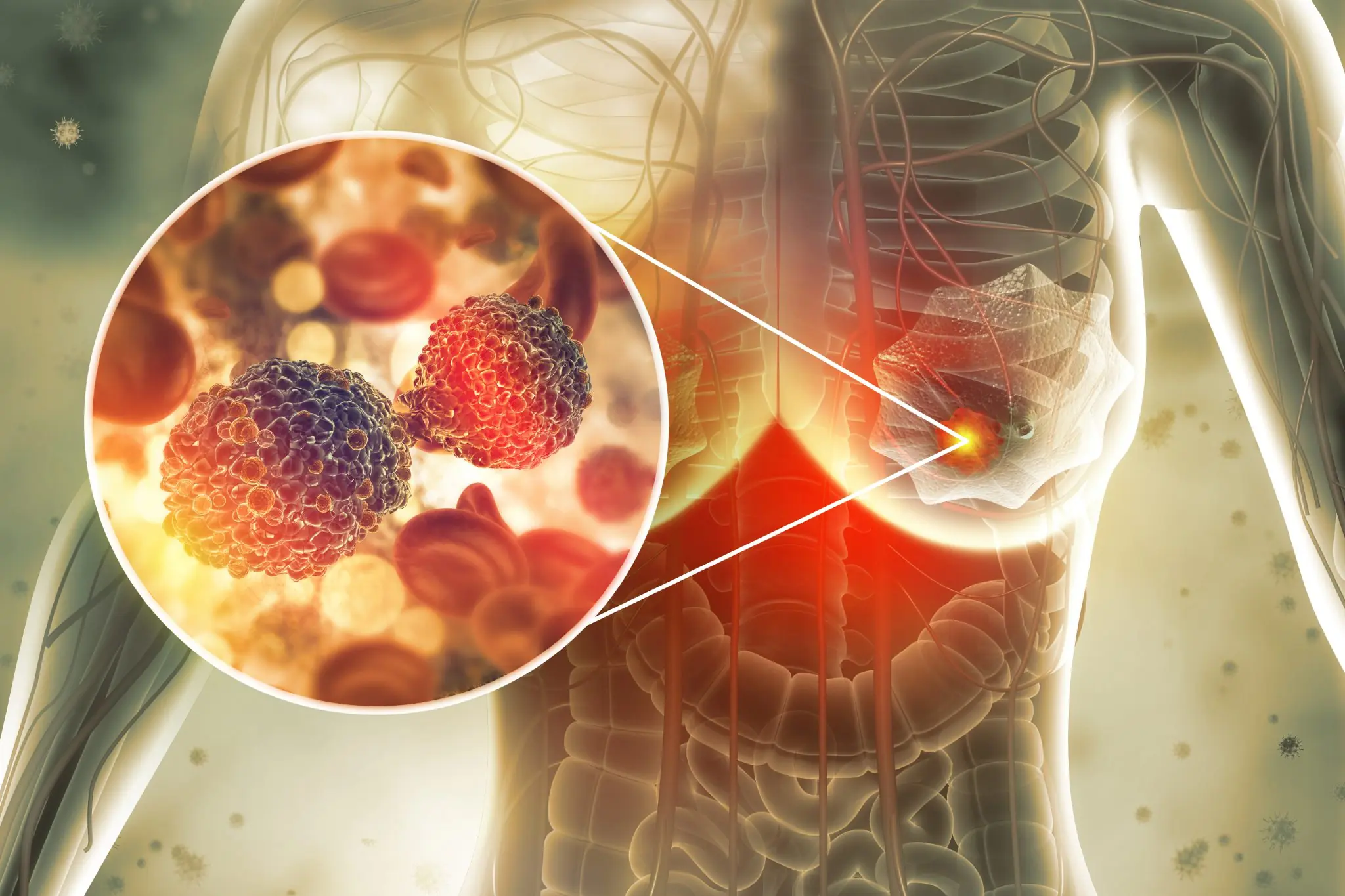
HERMOSA Study Finds Just 3 Days Without Toxic Cosmetics Can Lower Hormone Disruptors
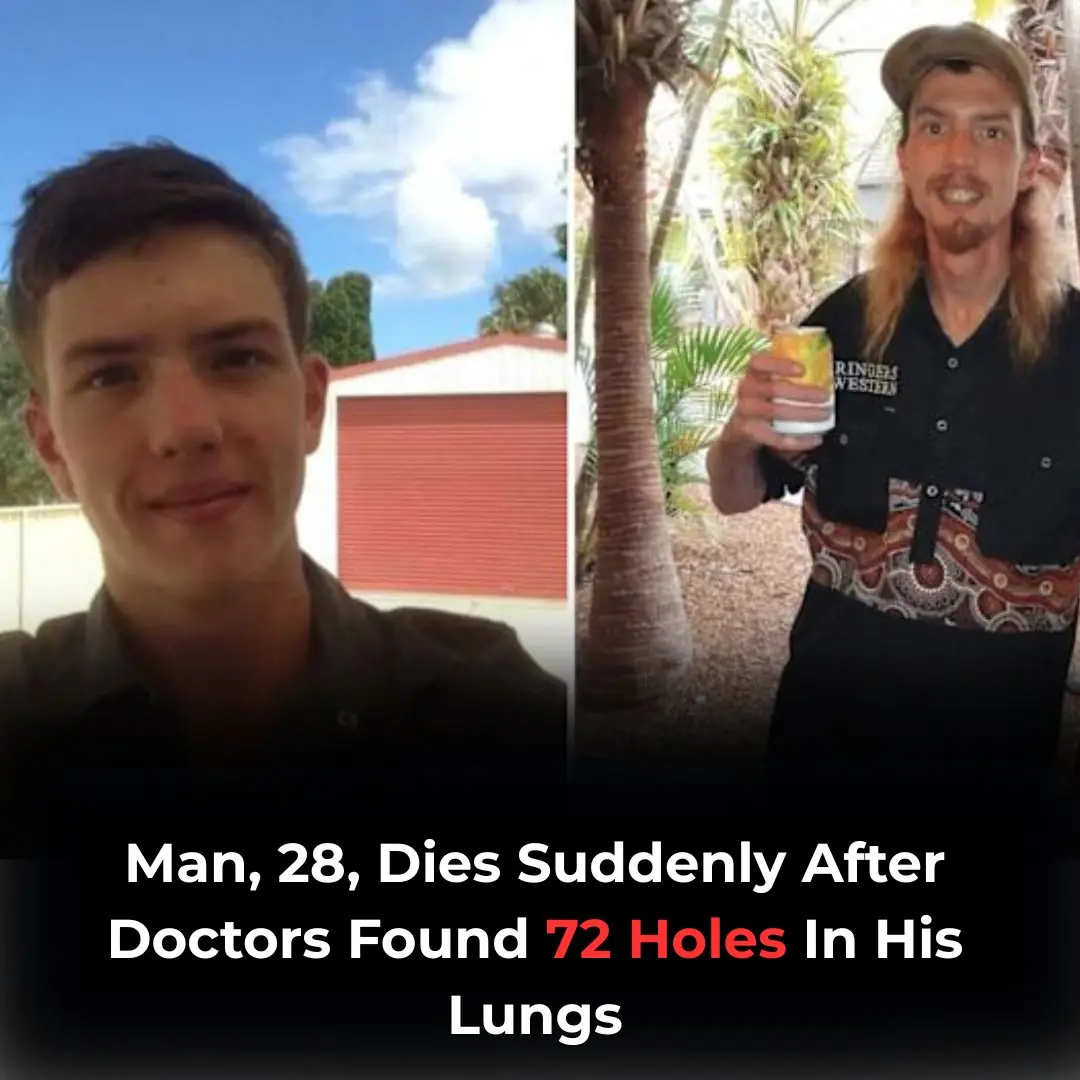
Man, 28, Passes Away Suddenly After Doctors Discover 72 Irreparable Holes In His Lungs
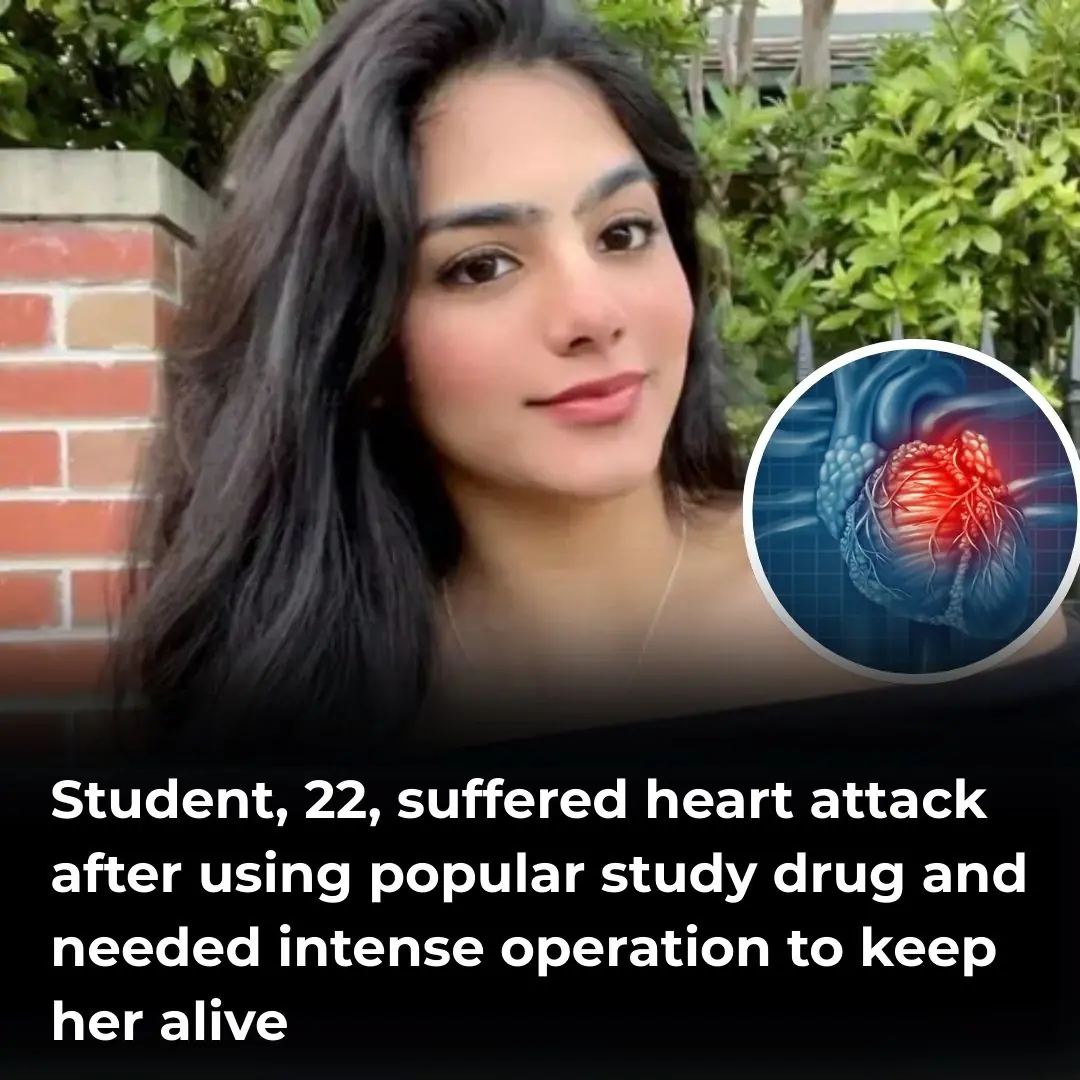
Student, 22, suffered heart attack after using popular study drug and needed intense operation to keep her alive

Discover: A Glass of Water, Vinegar, and Salt Can Cleanse Your Home

Living Creatures Cast a Faint Aura That Stops at Death, Study Suggests

Teen Has Been Training Only One Side of His Body for 182 Days—And The Results Are Crazy

The HEALTHIEST FRUIT on Earth: what happens to your body if you eat just 3 a day
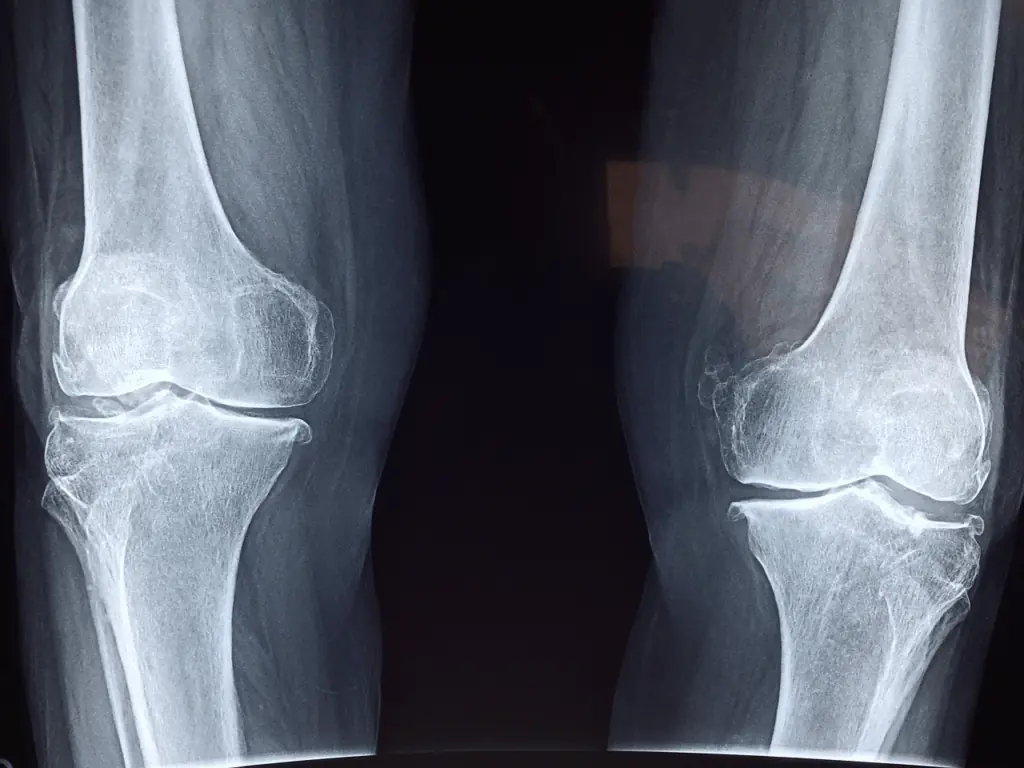
Doctor Breaks Down Bizarre Theory About People Who’ve Never Broken A Bone

Spray this solution on your clean face before going to bed and wake up with super tight beautiful skin

Why Choosing Organic Vegetables Is More Important Than Ever: What Pesticides Are Really Doing to Your Health
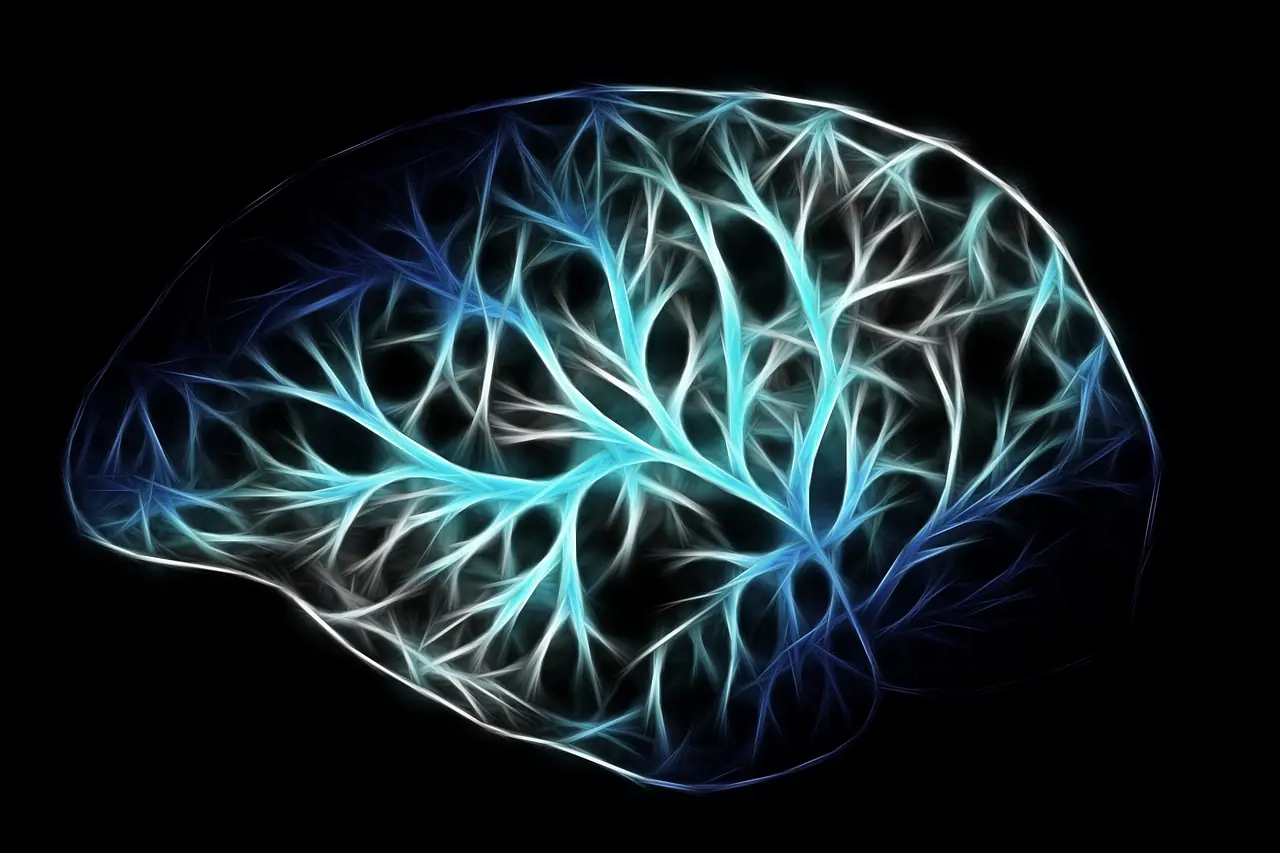
Parasite Found In Brain Of 10-Year-Old Girl After Eating Undercooked Meat Leaves Experts Horrified

The Most Dangerous Time to Sleep: Doctor Warns It Could Cause 4 Health Problems

Lucid Dreaming Found To Spark Complex Brain Connectivity Rarely Seen In Normal Sleep
News Post

👁️ TOP 5 Foods You NEED for Better Vision & Eye Health (SHOCKED DOCTORS!)

🥕 The Ultimate Morning Power Boost: Carrot, Ginger, Beetroot and Grape Smoothie

'Healthy and active' woman, 30, diagnosed with cancer after doctor ignored subtle symptom

8 Powerful Foods to Naturally Cleanse and Detox Your Liver

11 Heartbreaking Signs Your Dog May Be Nearing the End

Breakthrough Male Contraceptive Injection Offers Alternative to Condoms and Vasectomy

Scientists: 3 Days of Silence Is Enough to Rewire Your Brain

After My Divorce, I Was Bullied by My Ex-husband's Family – They Were Taught a Harsh Lesson by a Person I Didn't Expect

My Wife Kicked Our Foreign Exchange Student Out Because of Her Swedish Tradition – Karma Hit Hard the Next Day

5 of the Best Anti-Cancer Foods — It’s Time to Start Adding Them to Your Diet

My Boss Asked Me to Babysit His Daughter, but What I Found in the Basement Left Me Stunned

21-Year-Old Woman Diagnosed with Cancer Given Days to Live After Ignoring Early Warning Signs

Scientists Reach Bottom Of The Red Sea — What They Found Left Them ‘Shaken’
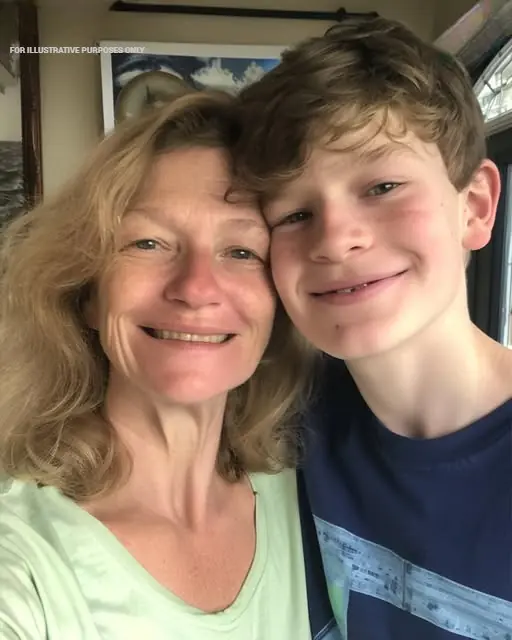
I Raised My Sister’s Son Like My Own for 15 Years — Then He Chose Her Over Me Because She Bought Him a Car

Taste The Toxin? Shocking Lawsuit Targets Skittles Over Alleged Toxic Ingredient

My Fiancé's Arrogant Family Pretended Not to Know Me & My Parents Until the Mayor Showed Up

HERMOSA Study Finds Just 3 Days Without Toxic Cosmetics Can Lower Hormone Disruptors

Antarctica Ice Sheet Grows for First Time in 30 Years, Surprising Scientists

